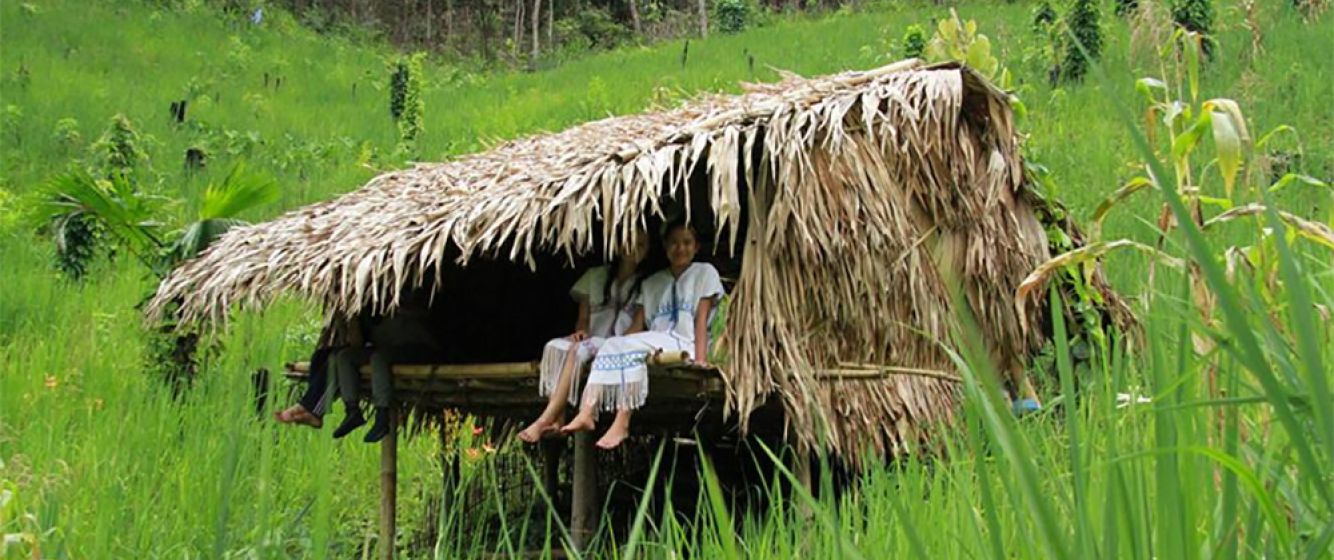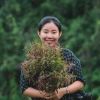
Living in and with the Forest in Northern Thailand
Livelihood of the Karen
Through the lens of nature, this project will investigate the livelihood practices of the Karen ethnic group in Huay Hin Lad Nai village of Chiang Rai province in Northern Thailand. The Karen village was situated within the forest before the area was declared as a forest reserve.
The Karen’s livelihood depends on forest resources and the Karen have accumulated knowledge on forest use and conservation. However, like other ethnic groups, the Karen are subject to many state policies, one of which aims to bar people living in forest. According to Thailand forest law, the way of life of the Karen of Huay Hin Lad Nai is illegal. But they have been able to negotiate with the forest authorities who have allowed them to live in, and protect, the forest. They have been able to use forestland to practice shifting cultivation, wet rice cultivation, collect forest products (tea, bamboo shoot, medicinal plants, etc.), grow organic coffee, collect wild honey, etc. While the Karen have chosen to subsist in the forest while regarding it as their source of life, they cautiously articulate ideas of the market economy and globalization.
This project attempts to study the relationship of the Karen community and the nature around them, particularly, their perception towards the forest and their knowledge on how to live in the forest while conserving their forest. It will focus on the Karen’s practice of shifting cultivation, knowledge of the uses of forest products, forest classification, forest fire protection, etc. In addition, the study will look at how the Karen villagers learn how to adapt to social transformation and strengthen their cultural values as well as how they develop social institutions and regulations to maintain their forest ecological system and their livelihoods.
Objectives
- To provide and support the villagers of Huay Hin Lad Nai, particularly the youth, to study their community history, livelihood practices, and the relationship between nature and the Karen villagers of Huay Hin Lad Nai.
- To undertake capacity building and training programs for Karen youth so as to help them to study their own livelihood practices and their elders’ knowledge of the uses of the forest.
- To assist the villagers in writing their local history and produce films related to their livelihood practices.
Methodology
Data on how the villagers use forest, particularly shifting cultivation, knowledge on forest use, and how the Karen villagers adapt their livelihoods in the context of market economy will be the main concern of the project. Center for Ethnic Studies and Development (CESD) will work with Karen community leaders and the youth (both male and female) using participatory research in the co-production of knowledge. Local history, local knowledge of forest use, livelihood practice, social organization and community of practice will be needed. CESD will provide training for the youth in Hin Lad Nai on how to collect data and record data and write reports. This project applies the participatory action method to stimulate transmission of knowledge from the elders to the youth and to find out the pedagogy of Karen livelihood.



